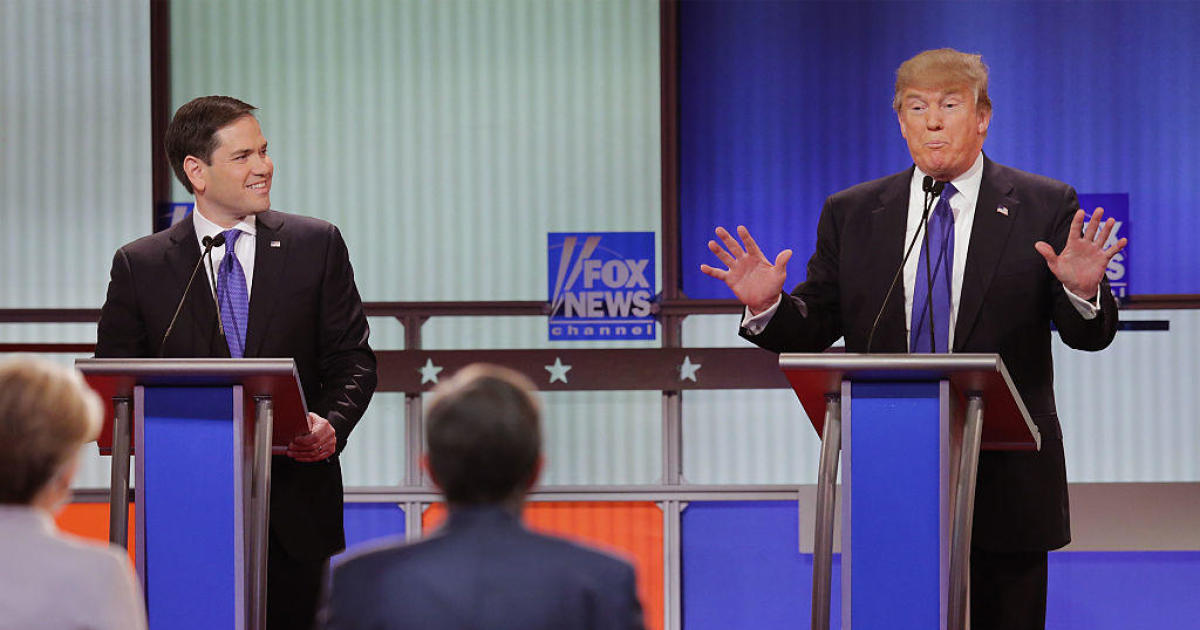Key takeaways:
- The Supreme Court announced it will hear a case involving the trademark of the phrase “Trump Too Small” on t-shirts and hats.
- The case is centered around whether the U.S. Patent and Trademark Office violated the First Amendment when it refused to register the mark without written consent from Donald Trump himself.
- The ruling could have far-reaching implications for the First Amendment, and set a precedent for other cases involving the trademark of phrases that reference living people.
The Supreme Court announced on Monday that it will hear a case involving the trademark of the phrase “Trump Too Small” on t-shirts and hats. The case, Vidal v. Elster, is centered around whether the U.S. Patent and Trademark Office violated the First Amendment when it refused to register the mark without written consent from Donald Trump himself.
The phrase is a double entendre, referring to a joke made by Senator Marco Rubio during the 2016 Republican presidential primary debate. Rubio had said that then-candidate Trump had “small hands,” implying a correspondingly small penis.
The Supreme Court will now decide whether California lawyer Steve Elster can register the trademark for the phrase. Elster had attempted to register the trademark in 2017, but was denied by the U.S. Patent and Trademark Office.
The case has been closely watched by legal experts, who say the ruling could have far-reaching implications for the First Amendment. If the Supreme Court rules in favor of Elster, it could set a precedent for other cases involving the trademark of phrases that reference living people.
The Supreme Court has not yet set a date for the hearing. In the meantime, legal experts will be watching the case closely to see how it could affect the interpretation of the First Amendment.



Be First to Comment